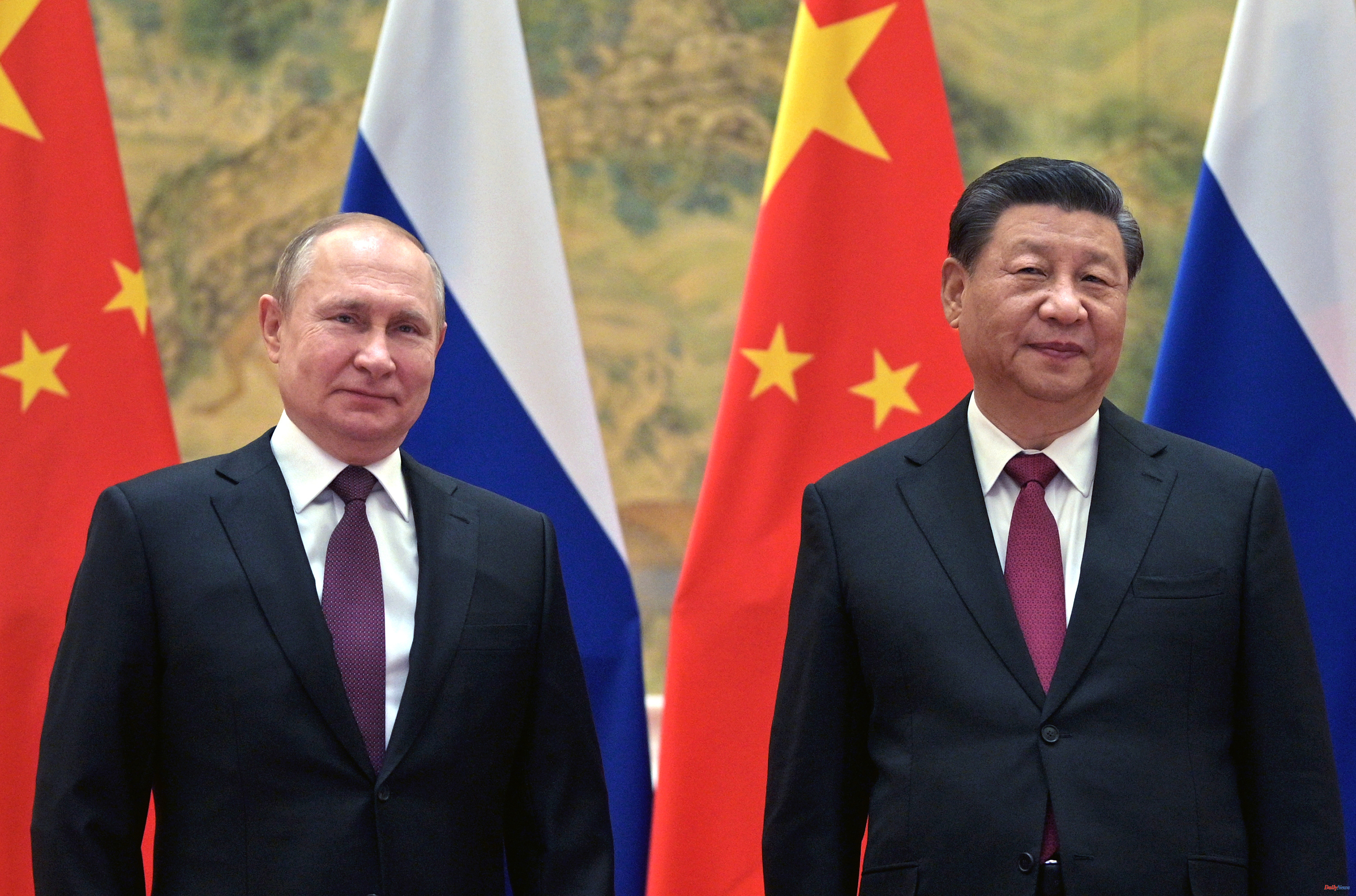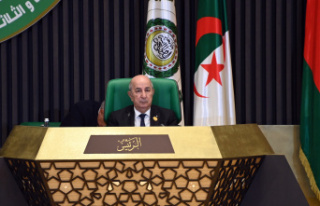There is an increasingly strong current of Chinese diplomats who believe that the time has come for Beijing, beyond the peace speeches, to carry out a serious plan to mediate with Putin to stop the invasion of Ukraine. Doing so, they believe, would earn a lot of sympathy in Asia, the Middle East, Latin America and Africa, where perceptions and sensitivities about the war in Europe do not always follow the line set by the West. If a hypothetical pressure from China were to achieve a ceasefire, it would be a blow on the table in the only confrontation that really matters to the Xi Jinping regime: its new Cold War with the United States.
The 'road map' published on Friday was a very important first step that had not been taken until now. That Moscow's great political partner and economic umbrella call for an end to the attacks on Ukraine -although he does not express it in these exact words, that is what he means when he demands a ceasefire and the protection of civilians-, as well as that the sovereignty of all countries be respected, is the closest turn that Beijing has been to actually positioning itself as the neutral power that can mediate in the conflict.
Although neither in Europe nor in Washington do they trust the pacifist document that is now being promoted by the second world power. After spending months asking the Asian giant to mediate with Putin, from Brussels, Ursula Von der Leyen, president of the European Commission, rejected China's peace plan because, according to her, the Asian giant "had already taken sides" in reference to the fact that it is highly positioned next to Moscow. The same opinion was expressed by the German chancellor, Olaf Scholz. Also NATO Secretary General Jens Stoltenberg. "China does not have much credibility because it has not been able to condemn the illegal invasion of Ukraine," Stoltenberg said from Tallinn, the Estonian capital.
The last to speak was Joe Biden: "Putin is applauding him, so how could it be good?" That was the US president's response when he was asked about the Chinese peace plan on ABC News. "The idea that China is going to negotiate the outcome of a war that is a totally unfair war for Ukraine is simply not rational," Biden said.
From the common rival that Beijing and Moscow share, the US national security adviser, Jake Sullivan, also dismissed the Chinese proposal divided into 12 sections because "it should have ended after the first point", where Beijing asks to "respect the sovereignty of all the countries". Later, the document stresses the immediate end of all sanctions not endorsed by the UN Security Council, where Russia has veto power.
Another more positive vision of the step that Beijing has taken is held by one of the great protagonists of the war, the Ukrainian president Volodimir Zelenski. "I think that the fact that China has started talking about Ukraine is not bad. But the question is what follows the words. The question is in the steps and where they will lead. We have to believe that they are not going to provide weapons to Russia and who want to work for peace, that's why we are going to work with China," he said. On Friday, the Ukrainian leader, for the second day in a row, said a meeting between him and Xi Jinping would be "important for global security." Since the start of the invasion, Xi has spoken up to four times with Putin, but never with Zelensky.
Throughout the year of the invasion, Beijing has tried to balance an increasingly solid alliance with the Kremlin, as its great international partner, while maintaining its policy of unconditional defense of Ukraine's sovereignty. Chinese diplomats always admit under their breath that they have never been comfortable with Putin's attack, but they couldn't let go of their neighbor's hand either. China and Russia are rowing in the same autocratic direction against the US-led order. But the Kremlin is the junior partner in an unequal relationship.
Now more than ever, Moscow is much more dependent on Beijing than vice versa. And the Asian power has also tried to take advantage of the weakness of its neighbor, beleaguered by international sanctions. Bilateral trade expanded 34.3% last year, driven in part by Chinese companies buying oil and coal at a discount. Russia mainly supplies China with raw materials and energy, while Moscow needs investment and high-tech products, some of it to support its weapons system with which it is attacking Ukraine.
It is on this last point that the United States has been pointing out for some time the participation of Chinese companies that help Russia militarily, something that Beijing denies. The US Commerce Department this week added five Chinese companies to its blacklist because they "contribute significantly to Russia's defense or military industrial base."
According to the criteria of The Trust Project












